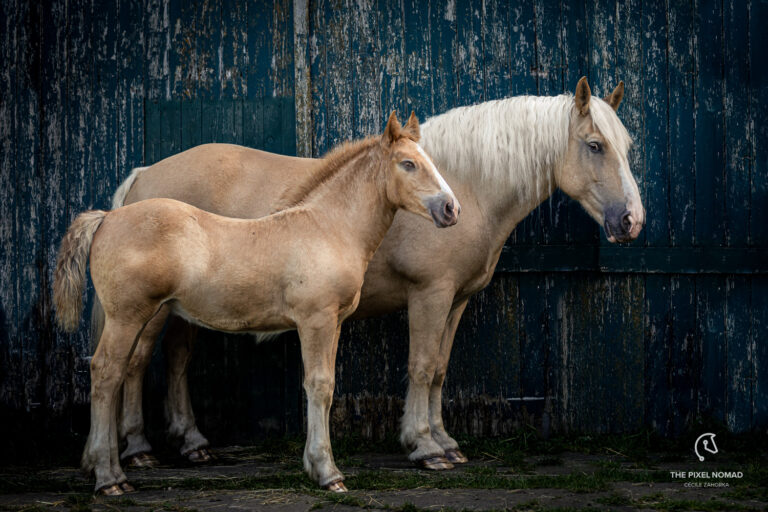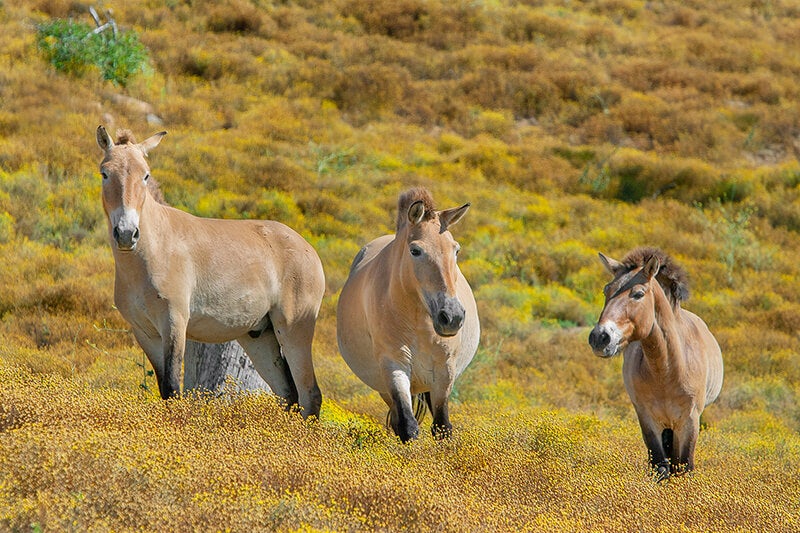Conservation Efforts for Rare Horse Breeds

Conserving rare horse breeds is vital for maintaining genetic diversity, preserving cultural heritage, and supporting ecological balance. These breeds often face threats from habitat loss, crossbreeding, and declining populations, making targeted conservation efforts essential.
Importance of Conserving Rare Horse Breeds
- Genetic Diversity: Rare breeds carry unique genetic traits that can be crucial for disease resistance and adaptability.
- Cultural Heritage: Many breeds have historical significance tied to specific regions or communities.
- Ecological Roles: Some breeds contribute to landscape management and biodiversity.
Key Conservation Strategies
| Strategy | Description |
|---|---|
| Breed Registries | Maintaining official records to track and manage breeding populations. |
| Breeding Programs | Controlled breeding to increase population size while preserving genetic integrity. |
| Habitat Protection | Ensuring natural environments are preserved to support the horses’ well-being. |
| Public Awareness | Educating communities and stakeholders about the importance of rare breeds. |
| Financial Support | Grants and funding to support conservation projects and breeders. |
Successful Conservation Examples
- The Cleveland Bay Horse Society: Established breeding programs have helped revive this rare British breed.
- The American Cream Draft Horse Association: Focuses on preserving the only cream-colored draft horse breed native to the U.S.
Challenges in Conservation
- Limited funding and resources
- Genetic bottlenecks due to small populations
- Lack of public interest or awareness
Frequently Asked Questions (FAQ)
What defines a rare horse breed?
A rare horse breed is typically one with a small population size, limited geographic distribution, or unique genetic traits that are at risk of disappearing.
How can individuals contribute to conservation?
People can support conservation by adopting or sponsoring rare horses, participating in awareness campaigns, or donating to breed societies.
Are rare horse breeds more expensive to maintain?
They can be, due to specialized care, breeding costs, and the need for genetic management to avoid inbreeding.
Conclusion
Conservation efforts for rare horse breeds are crucial for preserving biodiversity and cultural history. Through coordinated strategies involving breeding, habitat protection, and public engagement, these unique breeds can be safeguarded for future generations.
